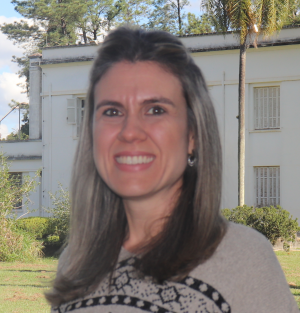[ad_1]
The sugar-energy sector grew during the 2023/24 crop (which officially ends in March 2024) and strengthened considering the unfavorable and challenging scenario that has emerged. Now, the focus is on preparing for the new 2024/25 season, in which sugarcane crushing should be anticipated.
Until recently, the revenue of mills from the Central-Southern region was restricted to sales of sugar and ethanol from different types and markets and to other secondary products, such as bagasse, yeast and fusel oil. Over the last years, however, the range has expanded substantially, since the activity is no longer protected by public policies and has faced, in a higher degree, the market risks, besides the traditional production risk.
The diversification of products range comes from effective strategies on reducing exposure to risks. This sector faced and is facing changes since it is so engaged in political-legal, economic, technological, social and, above all, environmental aspects.
Moreover, insights observed on the industry are moving towards solutions to the problems resulted by the climate change, with Brazil occupying a strategic position in this context. The decarbonization of the transport sector has become a priority around the world, especially with the consensus on the need to move forward in the replacement of highly polluting fossil fuels.
The biomethane is an example of alternative in this context of more sustainable energy transition. With characteristics similar to natural gas, it is produced from residual organic material and other products from the beef and dairy cattle sector, swine activity, as well as waste and urban sewage. According to Abiogás, eleven new plants are under implementation and/or are awaiting approval from the National Agency of Petroleum, Natural Gas and Biofuels (ANP) for the next few years, in addition to the six biofuel generators.
The sale of Decarbonization Credit (CBIO) became part of the revenue of these companies. Issued by ANP-certified biofuel producers and importers, CBIOs are part of the RenovaBio program, established in 2017 through the National Biofuels Policy. Fossil fuel distributors, in turn, have annual decarbonization targets based on the proportion of fossil fuels they have traded and must acquire CBIOs to achieve these targets.
Another market that has been closely observed by the sector is the aviation one, with the Sustainable Aviation Fuel (SAF). This demand is still incipient, but some plants have already received the ISCC (International Sustainability & Carbon Certification), which allows trading this fuel.
Thus, the sugar-energy sector keeps in transformation, taking other forms in the midst of the internal and external forces that the economy determines.
[ad_2]
Fonte: Cepea

